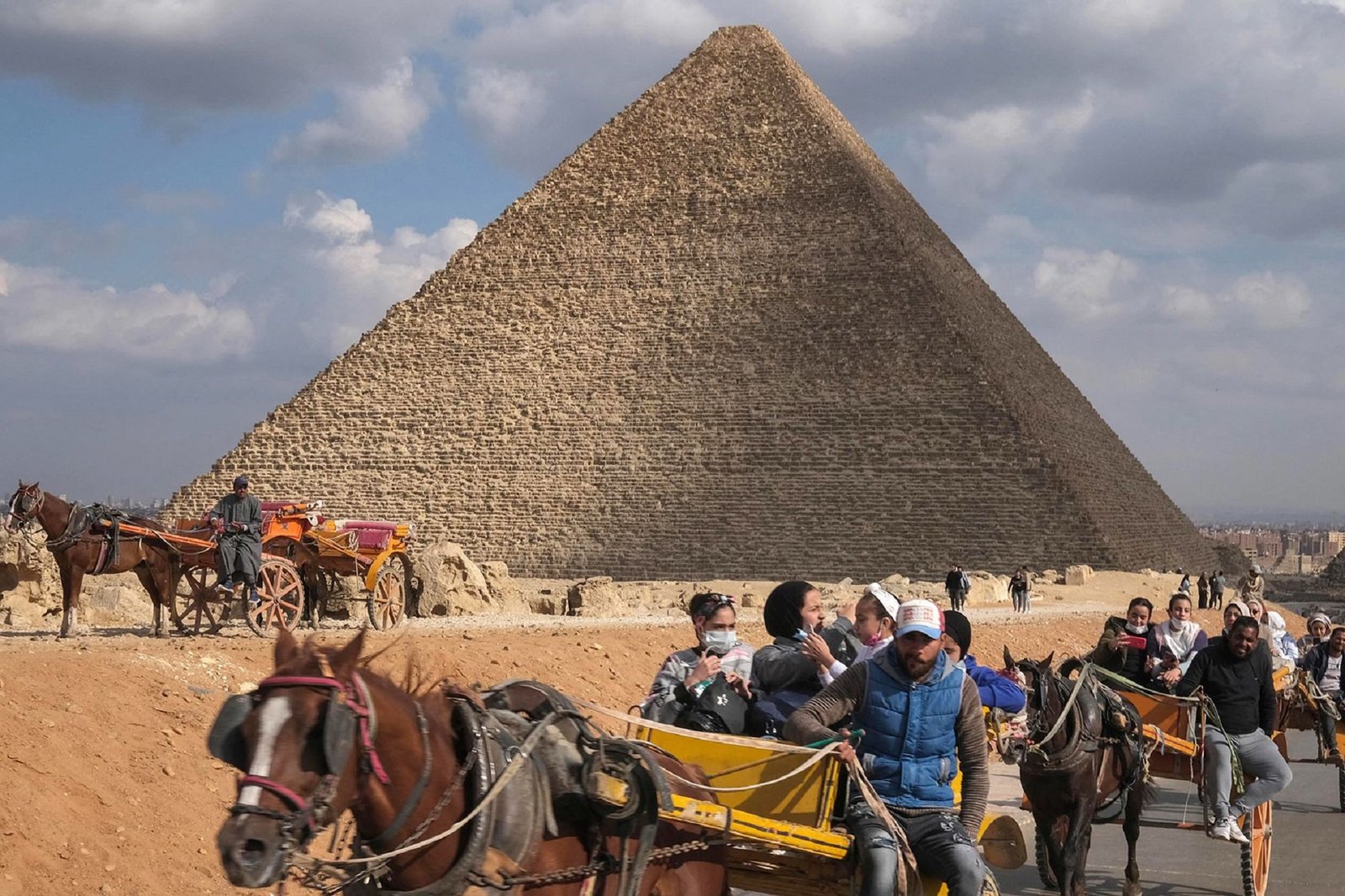The Role of Tourism in Egypt’s Economic Strategy
Tourism has long been a cornerstone of Egypt’s economic framework, playing a pivotal role in the nation’s financial health. Historically, Egypt has leaned heavily on its rich cultural heritage and natural attractions to draw international visitors. This reliance was markedly evident last year when tourism generated over $13 billion in revenue. Given its substantial contribution, enhancing the tourism sector is central to Egypt’s broader economic recovery plan.
Recognizing the strategic importance of tourism, the Egyptian government has launched several initiatives aimed at revitalizing the sector. One of the primary strategies involves significant infrastructure improvements. Investments in modernizing airports, expanding road networks, and upgrading public amenities are designed to make travel within Egypt more convenient and appealing. These enhancements not only improve the tourist experience but also open up previously inaccessible areas, thereby diversifying the attractions available to visitors.
In addition to infrastructure upgrades, Egypt has embarked on extensive marketing campaigns targeting international tourists. Leveraging both traditional media and digital platforms, these campaigns aim to showcase Egypt’s diverse attractions—from the iconic pyramids and ancient temples to the stunning Red Sea resorts. Collaborations with global travel agencies have also been pivotal, ensuring that Egypt remains a top-of-mind destination for travelers worldwide.
The ripple effects of a thriving tourism sector are far-reaching. An influx of tourists stimulates the hospitality industry, leading to increased demand for hotels, restaurants, and entertainment services. Retail sectors benefit as tourists spend on souvenirs, local crafts, and other goods. Moreover, the transportation sector experiences a surge in activity, providing jobs and boosting local economies. Collectively, these developments contribute to higher foreign exchange earnings, a critical factor in stabilizing and growing Egypt’s economy.
The government’s multifaceted approach to boosting tourism is expected to create numerous employment opportunities across various sectors. From tour guides and hotel staff to retail workers and transportation operators, the potential for job creation is substantial. This, in turn, promotes economic stability and growth, reinforcing tourism’s role as a vital component of Egypt’s economic strategy.
Innovative Approaches to Enhance Tourism
Egypt is strategically diversifying its tourism offerings to bolster economic recovery and resilience. While the country’s renowned historical and cultural sites continue to draw global interest, there is a concerted effort to expand into eco-tourism, adventure tourism, and luxury travel. This diversification not only caters to varied tourist preferences but also helps mitigate the risks associated with over-reliance on traditional tourism attractions.
Eco-tourism is gaining momentum in Egypt, focusing on the preservation of natural landscapes and wildlife. Destinations such as the Red Sea and the Western Desert offer unique experiences that emphasize sustainability. Adventure tourism is also on the rise, with activities ranging from diving in the Red Sea’s vibrant coral reefs to exploring the vast expanses of the Sahara Desert. These offerings appeal to tourists seeking immersive, nature-based experiences.
In parallel, Egypt is enhancing its luxury travel segment, targeting high-net-worth individuals. Exclusive resorts, luxury Nile cruises, and personalized travel experiences are being developed to meet the expectations of this discerning demographic. This initiative not only attracts affluent tourists but also boosts the country’s international profile as a premium travel destination.
Technology and digital transformation play pivotal roles in revolutionizing Egypt’s tourism landscape. Virtual tours offer a glimpse of the country’s treasures, enticing potential visitors from the comfort of their homes. Online booking platforms and smart tourism applications simplify the planning process, making Egypt more accessible to global tourists. These technological advancements are designed to enhance the overall tourist experience, ensuring convenience and satisfaction.
Sustainable tourism practices are integral to Egypt’s long-term strategy. Efforts to preserve natural and cultural heritage are paramount, balancing the needs of modern travelers with conservation goals. Initiatives such as eco-friendly accommodations, waste reduction programs, and community-based tourism projects are being implemented to ensure that tourism development aligns with environmental and cultural preservation.
By embracing these innovative approaches, Egypt aims to create a resilient and diversified tourism sector that not only drives economic recovery but also sustains its rich heritage for future generations.




































